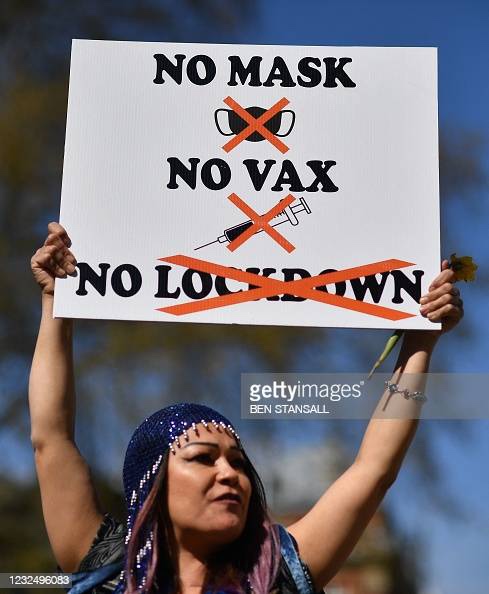Scientific vs Narrative Rationality and Medical Knowledge Practices
Eivind Engebretsen and Mona Baker
Cambridge University Press, in press/2022
Click here to access a full copy of Chapter 1 plus excerpts from all other chapters.
This book interrogates the assumption that evidence means the same thing to different constituencies and in different contexts by outlining a more nuanced and socially responsive approach to medical expertise that incorporates scientific and lay processes of making sense of the world and deciding how to act in it. In so doing, it provides a point of orientation for clinicians working at the coalface, whose experience is sometimes at odds with the type of rationality that underpins evidence-based medicine and that guides researchers conducting randomized controlled trials. The argument elaborated also has implications for policy makers in the healthcare system, who have to navigate similar pressures and contradictions between scientific and lay rationality to produce meaningful guidelines in the midst of a runaway pandemic. Debates within and beyond the medical establishment on the efficacy of measures such as mandatory face masks and lockdowns are examined in detail, as are various degrees of hesitancy towards vaccines and other pharmaceutical interventions. The authors demonstrate that it is ultimately through narratives that knowledge about medical and other phenomena is communicated to others, enters the public space, and provokes discussion and disagreements. Importantly, effective narratives can enhance the reception of that knowledge and reduce some of the sources of resistance and misunderstanding that continue to plague public communication about important medical issues such as pandemics.
Eivind Engebretsen is Professor of Medical Humanities, University of Oslo; Circle U Chair of Global Health; and Executive Chariman of the Center for Sustainable Healthcare Education (SHE). His publications on evidence-based medicine have drawn international attention, and he is a fellow of the Centre for Advanced Study, Norwegian Academy of Science and Letters. He has worked with Julia Kristeva to support a critical approach to the medical humanities, is author of numerous articles in leading journals such as The Lancet, Nature Medicine and Social History, and co-author of Sustainable Sexual Health: Analysing the Implementation of the SDGs (2021).
Mona Baker is a translation studies scholar whose In Other Words (first published in 1992; third edition 2018) remains the best selling and most widely assigned coursebook in the field. Her Translation and Conflict: A Narrative Account (2006) was republished as a Routledge Classic in 2018. Her edited collection Translating Dissent: Voices from and with the Egyptian Revolution won the 2016 Inttranews Linguist of the Year Award. The Baker Centre for Translation and Intercultural Studies, named after her, was first established at Jiao Tong University in 2017 and later moved to Shanghai International Studies University in 2019.
Table of Contents
Acknowledgements
List of Tables and Figures
Chapter 1: Evidence in Times of Crisis (full pre-publication copy)
1.1. The Status of Evidence in Evidence-based Medicine (EBM)
1.2. Organization of Chapters
Chapter 2: Narrative Rationality and the Logic of Good Reasons (Excerpt)
2.1. The Narrative Paradigm: Basic Tenets
2.2. Narrative Paradigm vs. Rational World Paradigm
2.3. Narrative Probability, Narrative Fidelity and the Logic of Good Reasons
2.3.1. Narrative Probability (Coherence)
2.3.2. Narrative Fidelity
Chapter 3: Whose Evidence? What Rationality? The Face Mask Controversy (Excerpt)
3.1. Structural and Material (In)coherence in Expert Narratives
3.2. Transcendental Values, Narrative Accrual and Narrative Identification
3.2.1. The Logic of Good Reasons, Narrative Accrual and Identification: Public Safety and Structural Racism
3.2.2. Good Reasons, Precarious Manhood and Homophobia
3.3. Transcendental Values beyond Precariousness: Personal Freedom vs Social Responsibility
4.1 Structural/Material (In)coherence or Science vs Values in The Great Barrington and John Snow Declarations
4.2. Health, the Economy, and the State: Resonance and Lived Experience
4.3. Transcendental Values and Conceptions of Freedom
4.4. Public Health Recommendations and the Values and Principles of Evidence-based Policy Making
5.1. Structural and Material (In)coherence: Science and public policy under pressure
5.2. Characterolgical Coherence and Public Confidence in Vaccines
5.3 Transcendental Values and Conceptions of Freedom
5.4. Pure Bodies, Microchips & Genetically Modified Organisms
5.5. Resonance, Lived Experience and Trust
6.1. Limitations of Fisher’s Narrative Paradigm
6.2. Revisiting and Extending the Narrative Paradigm
6.3. Narrative Identification in the Age of Fragmented Narratives
Index



